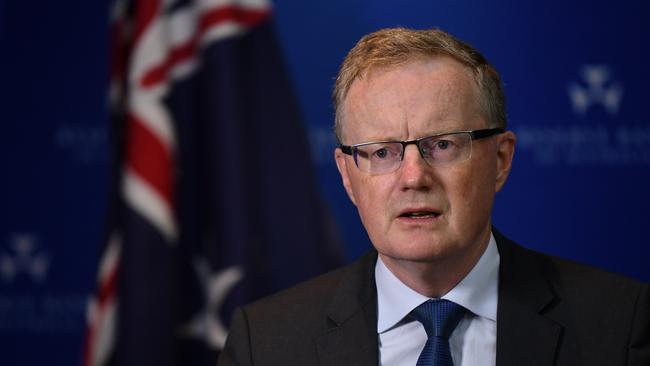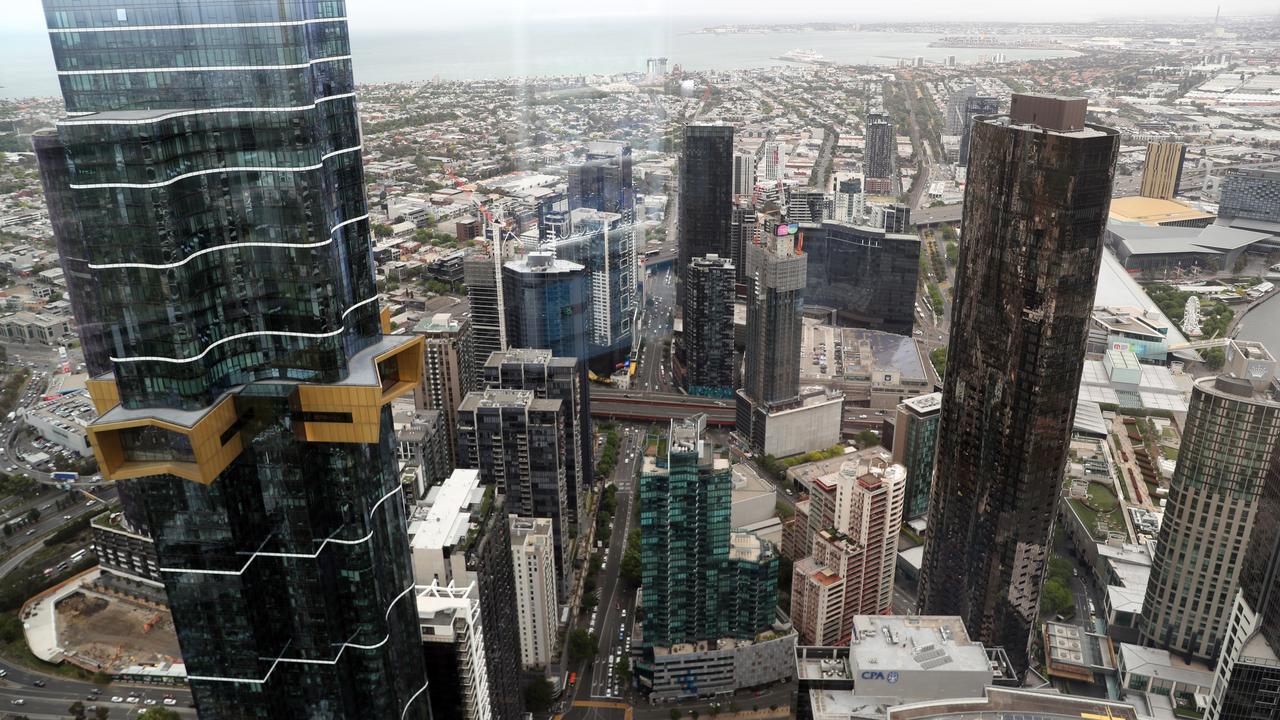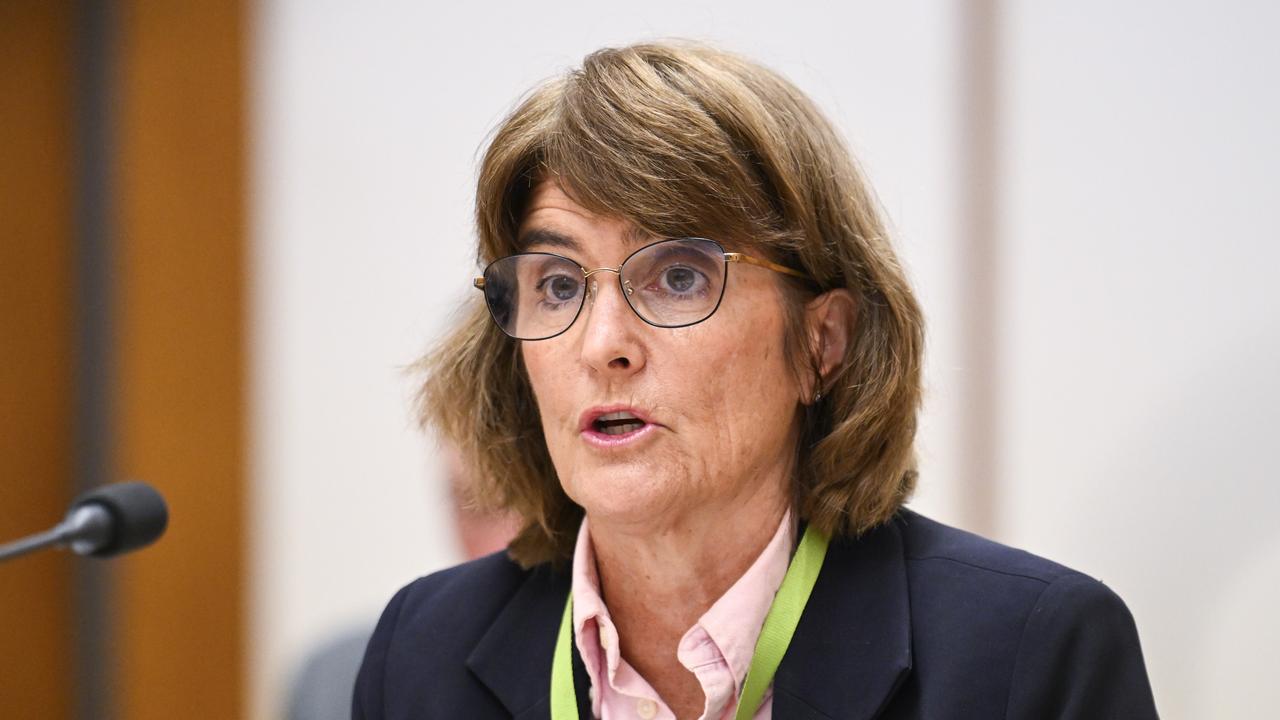Coronavirus: Economic reform is a plus, but negative rates are not, says RBA governor
Philip Lowe has ramped up calls for economic reform in the wake of the pandemic while resisting the prospect of negative interest rates.

Reserve Bank governor Philip Lowe has ramped up calls for economic reform to rejuvenate growth in the wake of the pandemic, while resisting the prospect of following other countries down the path of negative interest rates.
Speaking alongside the heads of the corporate and prudential regulators on Thursday, Dr Lowe said there was “no shortage of reports filled with ideas of how to … make Australia a great place for businesses to expand, invest, innovate and hire people”.
“If we can take up some of these ideas, we can once again experience strong and sustainable growth,” he said, speaking on a Zoom conference call organised by the Financial Services Institute of Australasia.
Governments state and federal have been inundated this month with calls for reform, including tax, industrial and immigration, as analysts grapple with how best to leverage the crisis to boost growth and productivity.
The governor — pointing to an unprecedented decline in hours worked of more than 9 per cent over the month to April — struck an optimistic tone on the job market, given the rate of decline had slowed: “If this is an accurate gauge, it is possible the total decline in hours worked will be less than earlier feared, as firms make use of JobKeeper wage subsidies.”
Following moves to introduce negative official interest rates by central banks in Europe, including the Bank of England this week, Dr Lowe batted away suggestions the RBA would do likewise.
“I have said previously (it) was extraordinarily unlikely we would have negative interest rates, and there’s been no change in the board’s view; the costs of that exceed the benefits,” he said.
The RBA cut the cash rate to a record low of 0.25 per cent in March and launched a quantitative easing program in which it has bought about $50bn worth of federal and state government bonds.
Australian Prudential Regulation Authority chairman Wayne Byres signalled the prospect of further restraints on dividend payouts by financial institutions.
“We hope the impact on dividends from the current COVID-19 crisis will be temporary, but obviously the outlook remains highly uncertain. For that reason, we believe prudence is the appropriate strategy for the time being.”
Mr Byres said he was “reasonably OK” with expected falls in property prices; any falls would be “manageable” for the financial system “because they will play out over a period”.
Dr Lowe said restoring confidence in health was a “precondition” for a strong recovery, and hinged on whether a vaccine would be found. “If there are no breakthroughs on the medical front, it will be quite a slow recovery — everyone is going to be nervous about their health, so they won’t want to spend,” he said.



